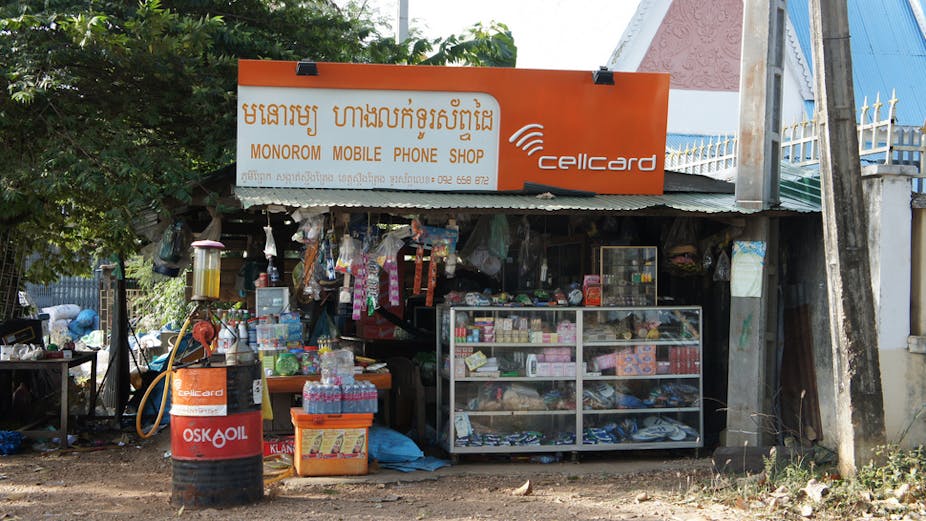AusAID has just joined the litany of calls for business to become more involved in development. NGOs and governments want to encourage business to deliver better quality of life in poor countries.
But it’s difficult for businesses to know how to respond to this call. Is this just one more action item to send to the folks working over in the Corporate Social Responsibility department – wherever that is? Can that tiny CSR budget be stretched beyond the existing environmental and community spending to now include development?
On the contrary. The new call is for businesses to become aware of profitable opportunities in the developing world. These opportunities will earn them a healthy profit but at the same time further development goals. This is not a CSR “add-on”.
Where the opportunities are
The fastest-growing markets are in poor or middle-income countries. Companies with foresight may choose to enter a growing market in order to gain a foothold, even if initially there are too few paying customers.
This is particularly valuable when it comes to products that customers don’t switch easily, such as mobile phones or banks. These markets can prove more profitable than expected, as poor consumers see the usefulness of the product. And the development impact can be huge: PNG’s income increased by 1.4% when mobile phones were introduced, because better market information was reaching farmers.
Healthy supply chains
Setting up a good supply chain can deliver low costs and high quality. Local suppliers and local workers may lack needed attributes such as standard business practices, and basic and specialised skills. They may even lack basic health, in an AIDS-ridden economy, with a huge impact on a supply chain.
A business can profit from offering training and health services, provided the subsequent competition for those better workers is not too intense. For instance, Adidas Asia worked with an NGO, Marie Stopes International, to improve the health and education of its female workers.

Tackling market failure
Information problems and bad court systems mean that many markets do not exist at all in poor countries. But this predicament represents an opening for businesses that can come up with an innovative solution to a market failure. For example, prior to microfinance, poor people in many regions could not access the legal banking sector, at any interest rate. Lending to groups was an innovation that gave them access to credit markets. Likewise, bank transfers for payments do not exist in many remote regions, where the nearest bank could be fifty miles away; thanks to Vodafone Kenya, such payments can now be made via a local mobile phone store.
Cooperation for coordination
Coordination failures occur when activities that affect each other positively fail to get off the ground. The impetus for Australian non-profit B4MD’s project in the PNG Highlands is a classic example: there was no regular transportation for agricultural produce because buyers were not aware that the region had enough surplus produce available to make the service worthwhile. Many women farmers wanted to sell produce, but no farmer on her own would have found it worthwhile to organise transport. Packaging company Visy came up with technological innovations that enabled transport of fragile produce such as eggs. There is now a sufficient supply from different producers to make a regular transport service worthwhile.
Making inroads into coordination problems can come about through several businesses working together, or a broker coming in to get this cooperation started. And introducing complementary industries (for example, a timber mill and furniture production) is often a part of this mix.
Added benefits
Where does CSR fit into all of this? Companies may be more likely to explore these options if there is an added benefit of stakeholder goodwill from achieving development goals. And achieving development goals may unlock more resources: AusAID’s decision to support an initiative for mobile phone banking in Cambodia indicates that aid agencies may be prepared to help if the business initiative will deliver enough development impact.
But these are side benefits to the main game: profitably opening new markets in the developing world, to the benefit of all.

